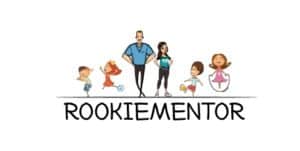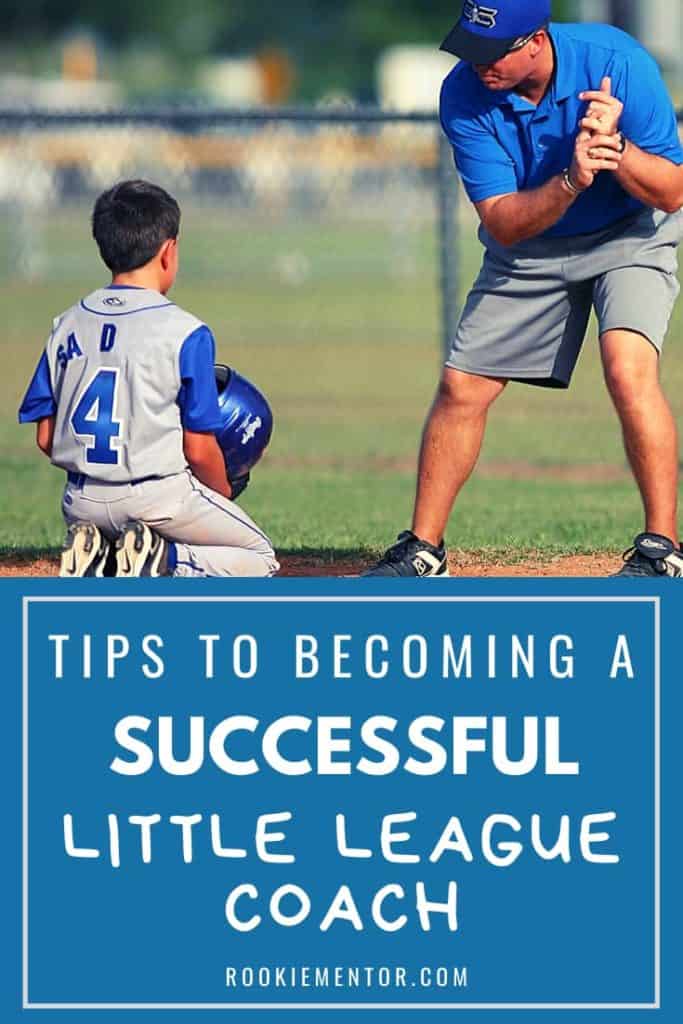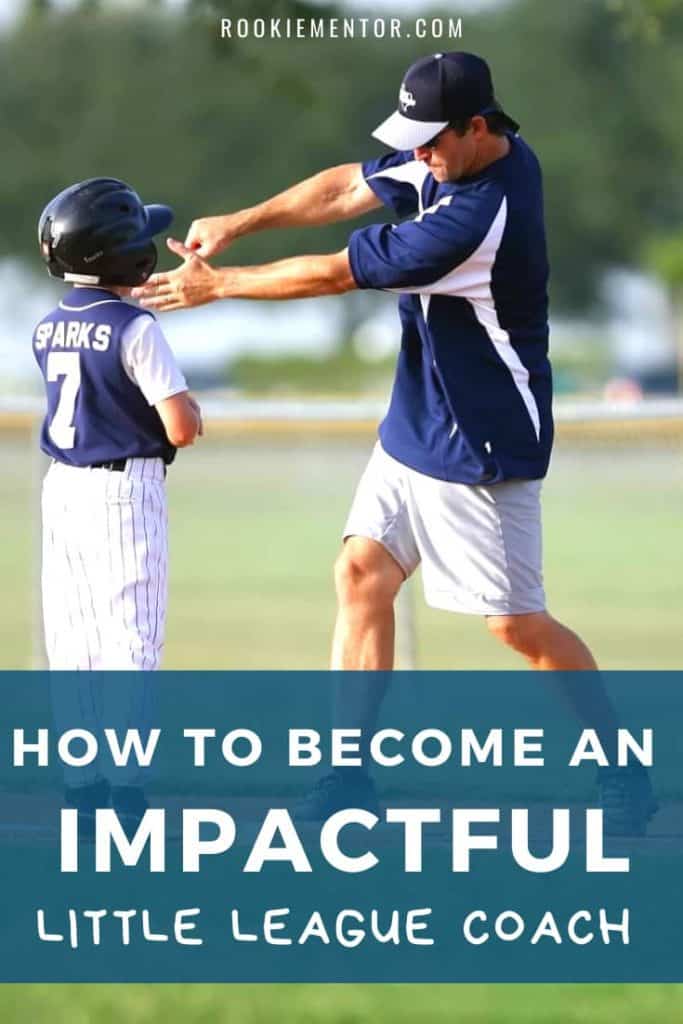Some of the most influential people in a young baseball player’s life are in-fact their Little League baseball coach. They may look up to the Big-League players, but that’s natural. The best little league coaches not only produce the best players, but they help build children into great young men and women.
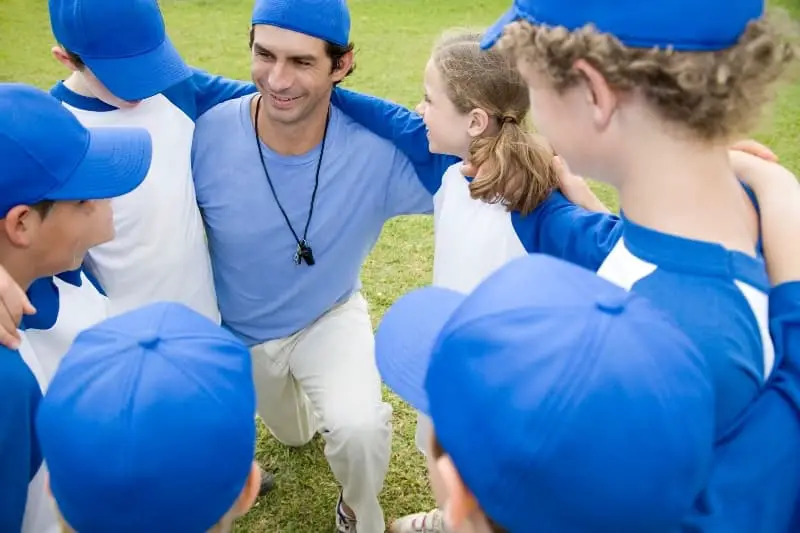
How Do You Become A Successful Little League Coach? It requires patience, appropriate team setup, preparation for practice, an understanding of the rules, the ability for athletes to play multiple positions and above all else, your players have fun and love playing the game each and every week.
It doesn’t take much to become a little league coach, all you need to do is call your local little league and ask to volunteer. Most little leagues require a formal application and an interview, but each one differs. Applicants that have a history of baseball and can offer more knowledge and are more likely to be accepted as volunteer coaches.
Once you get the call from the little league, you’ll get the information to come down and draft your team. After that, you’ll be ready to call the parents, introduce yourself, and set up practice times.
If you’re coaching an age that requires tryouts, you’ll need to watch the tryouts to evaluate which players you’ll want to draft. After the tryouts, the coaches will need to get together and have a draft to decipher which kid goes where.
The Team-Set Up
Setting up your baseball team and the practice times will be the most important part. Tryouts will give you the chance to get to know each player’s strengths and weaknesses. Understanding where each kid thrives will help their experience and with setting up practice.
It will be important to give your team some time to get to know each other, I had some coaches that would have a day where we go down to the field for an hour just to meet each other and interact.
The team will be together through thick and thin, so it is important to encourage them to create relationships and to allow them to bond with each other. Some of my best friends now are kids I played little league with.
Getting the kids together to meet is also a perfect opportunity to introduce yourself to them and don’t forget to include your history with baseball if you have any. You’ll also be able to tell the kids what they should expect in the upcoming season and how you intend to help them not only become better baseball players but people too.
Setting up practice dates twice a week will help ensure the kids get enough time to hone in their skills.
Don’t be too hard on the kids, but it’s important to push them to become better athletes. Constructive criticism will help the players understand what they are doing wrong and how to do better, without putting them down or shying them away from trying.
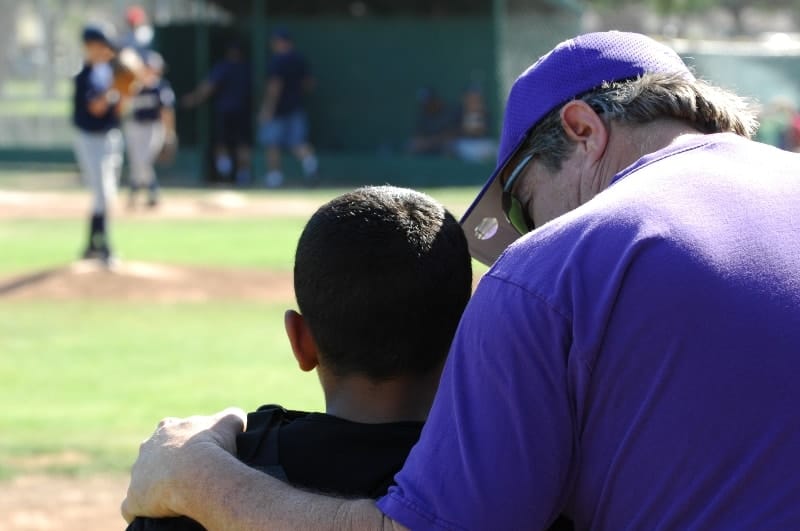
What Does it Take to Be A Successful Coach?
What does it take to become a successful little league coach? It takes patience, understanding, some baseball knowledge, organization, and an attitude centered around fun and not winning.
Having a team of young kids can be a handful, but with the right attitude and inspiration, even the shyest kids will be willing to come out of their shell.
What player doesn’t dream of winning the championship game or hitting the game-winning homerun? With the right techniques and enough practice, you can drive your players to be the best they can be.
All coaches need to remember, the most successful coaches may not be the ones who win the championship game, but the ones who inspire kids to love something.
Steps to build your successful baseball team include:
- Organization of practice
- Rotating line-ups
- Reading the rulebook
- Understanding your team
- Moral support
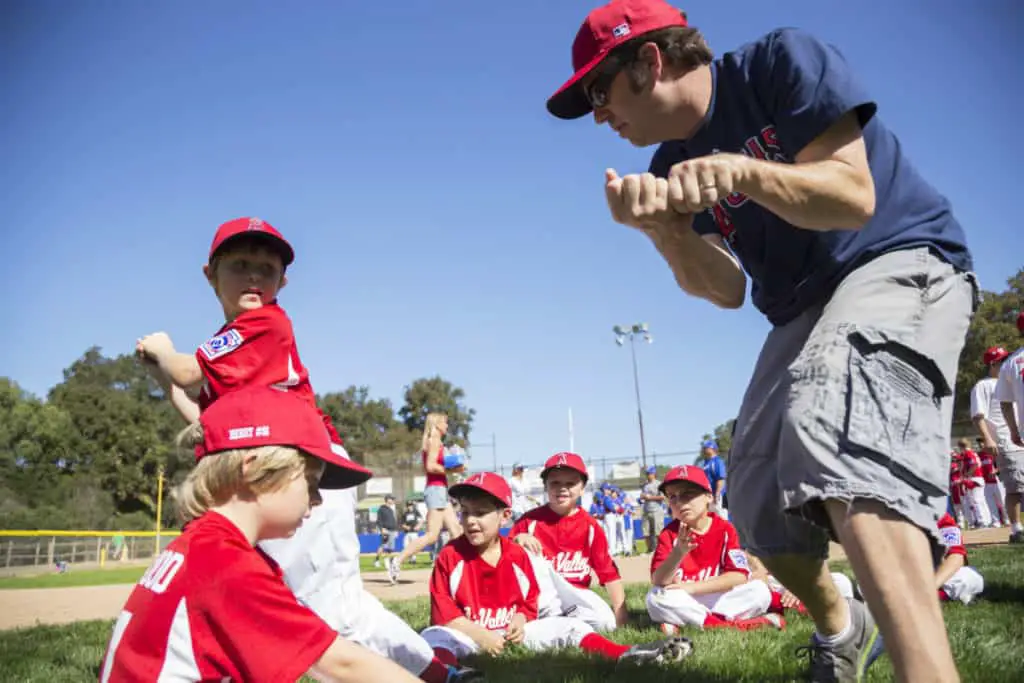
How to Structure Practice
“Practice makes perfect,” we’ve all heard it, but it’s true! The practice is the most essential part of having a good baseball team. There are tons of different exercises to do, but the most effective practices follow some simple guidelines.
When the players all arrive, they’ll need to stretch and do a light warm-up / jog to warm up and loosen their muscles. Following that, they’ll pair up and play catch to loosen their arms, remind the players to start closely and slowly step further back as their arms start feeling warmed up. For the older players (10+) we recommend starting on one knee to isolate the muscles in the arm and fully let it warm up.
Once the players have finished stretching and warming up (15-20 minutes), call them over and have them take a knee around you, give the team a structure for the practice and what they’ll need to work on for that day. Finally, you’ll be ready to start the practice.
You need to find out what position players want and break it off from there. In the infield, a coach should be working with the infielders by hitting ground balls and going over mechanics, while another coach should be working with the outfielders, hitting them pop-fly’s and going over outfielder mechanics.
This will help break the entire team into smaller groups and give kids the individual attention they need to grow, while also making every kid feel included (the parents will also love that). After going over the mechanics and the importance of fielding (30-40 minutes) you’ll want to go into hitting exercises.
When breaking off into hitting, there should be different methods. One of the most popular with the players is live pitching. You’ll be behind an L-screen pitching for the players to hit while the other players are shagging the balls in the outfield and infield.
This is effective because it can help simulate games for both hitters and fielders but having everyone on the field while someone hits can be dangerous, so make sure the kids are all paying attention.
Other days have the kids work on hitting off a tee to help with mechanics and focusing on muscle memory. Professional baseball players like Bryce Harper still train off the tee as it’s one of the most essential parts to learn how to properly hit. it is important to give instruction during all aspects of the practice and give each player specific things to work on for each day.
You’ll also need to incorporate giving the pitchers and catchers work in the bullpen. Teach the kids who want to learn how to pitch but stick to pitches like fastballs and changeups; their arms are still too young and developing to twist or flick while in the motion as it can cause damage.
[VIDEO] – National Alliance for Youth Sports (NAYS) with their take on how to run an active practice
The Importance of Rotating Line-Ups
Every coach wants to have the winning team, but it’s important to rotate the line ups and give kids chances in different places. Don’t leave the same kids batting 7th, 8th, or 9th.
Even if you know they may strike out or struggle, they deserve the chance to shine. Let some players who usually play the outfield play the infield for a few innings. It is imperative to allow the kids to try each position and learn from each one.
The parents will start complaining, too and who wants that? We all have heard stories of crazy sport-parents who will say just about anything to get their kids on the field, so if you want to avoid that we highly recommend rotating the players and giving each kid a fair chance.
The best coaches are willing to give each player their chance to thrive and push them to come out of their shells and be the best that they can be. You don’t need to be Joe Girardi to be a good little league coach, you just need to be willing to teach kids, have patience, and encourage the kids to enjoy the environment.
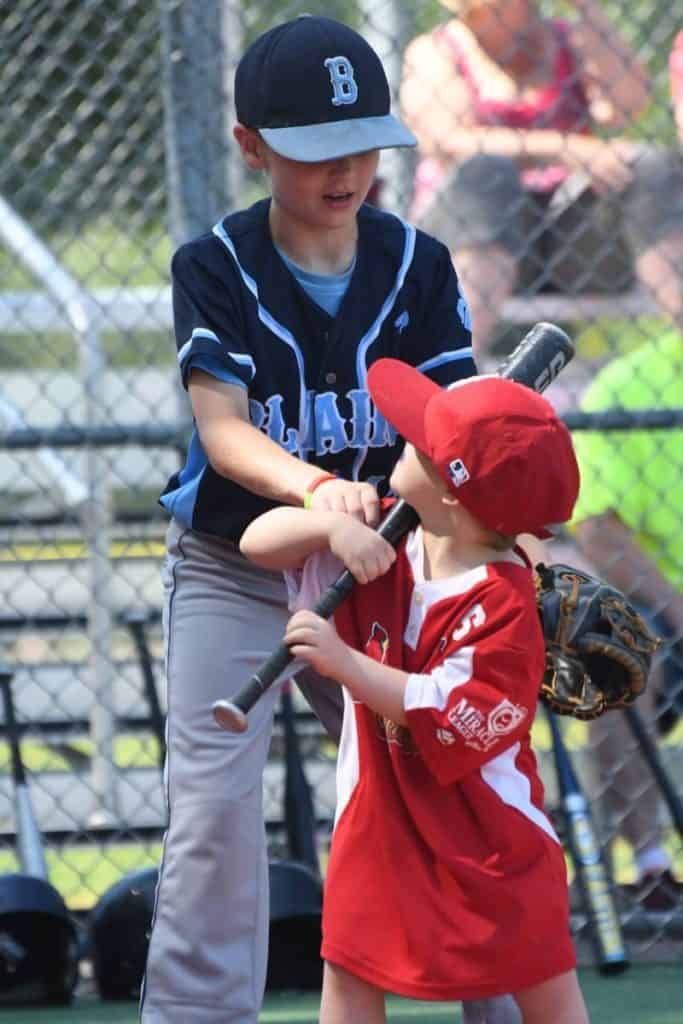
The Best Coaches Have Fun
The most successful little league coaches have fun with what they do. Players will feed off the positivity and excitement of the coach, especially if they struggle.
The coach’s attitude helps the kids in tough times and keeps them levelheaded. Baseball can be a stressful sport; when the action comes to you there’s a lot of pressure. There is a lot of room for error in baseball, too, a hitter can do everything right but still get out. After all, we’re only human, they’re only kids, and that’s baseball.
“It’s supposed to be fun, the man says ‘Play Ball’ not ‘Work Ball’ you know”.
Willie Stargell
Patience and understanding are two of the most important factors that coaches should take into account. Pushing the kids during practice is essential to their growth but overdoing it is a common mistake. Having your team run laps or sprints is perfectly fine, especially if they aren’t doing everything they should. It is important to teach the kids to pay attention and show respect for the coaches and other players; sportsmanship is essential to little league and life in general.
Driving the players to want to be successful is the key to winning teams, happy players, and parents. When the players have the personal drive to be the best that they can be, there is nothing that can stop them.
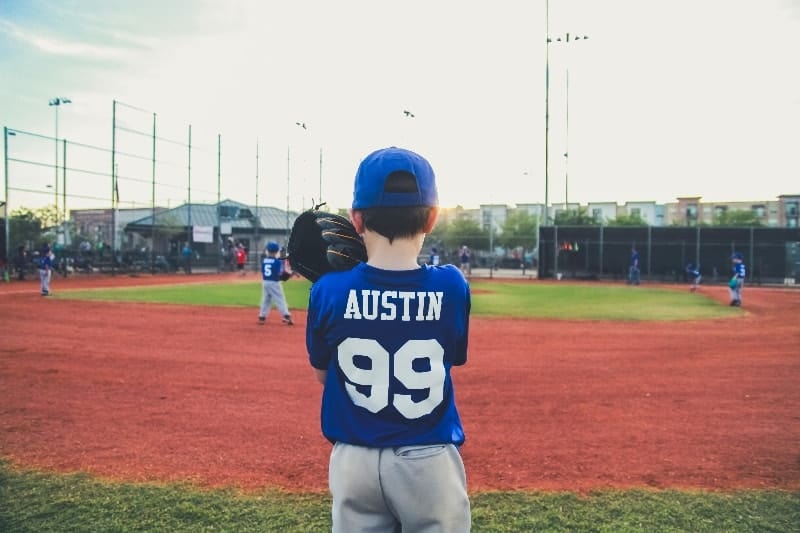
Summary: How Do You Become a Successful Little League Coach?
Before and even after you get the little league coaching position, continue to build on your knowledge of the game. Create an environment where every child has the opportunity to thrive in each position whilst keeping the atmosphere fun, supportive and motivational.
Did we miss anything? What else can little league coaches do in order to be successful?
Cheers,
Daniel
